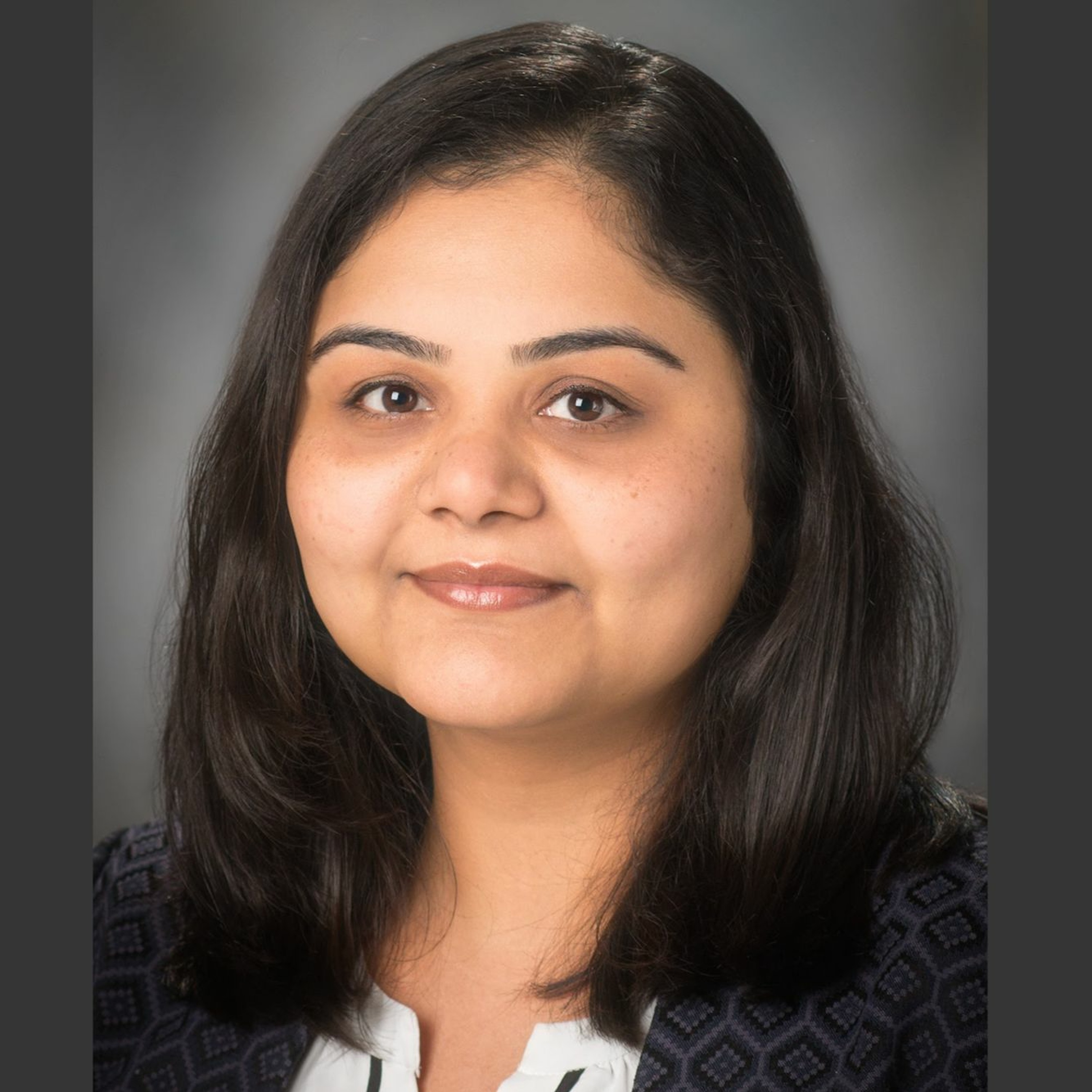The COVID-19 and Cancer Consortium: A collaborative effort to help cancer patients

It started with a tweet, and in less than a month scientists, clinicians, and patients from over 100 centers in the United States and Canada came together to learn about the impact of COVID-19 on cancer patients. \n\nThe COVID-19 and Cancer Consortium was formed to \u201ccollect granular, uniformly organized information to stimulate translational science and also to arm our treating providers with the most comprehensive and scientifically accurate evidence as rapidly as possible on cancer patients affected with the virus.\u201d\n\nIt has already paid dividends. The consortium has already published evidence in a new paper in Lancet titled, \u201cClinical impact of COVID-19 on patients with cancer: a cohort study.\u201d \n\nOne of the principal authors of that paper joined us to discuss the work of the consortium.\n\nDimpy Shah, PhD\u2014an American Cancer Society research grantee and Assistant Professor of Epidemiology at Mays Cancer Center, home to UT Health San Antonio MD Anderson\u2014is a founding member of the COVID-19 and Cancer Consortium and serves on its steering committee, where she provides support, guidance, oversight of progress, and strategic future directions for the consortium.\n\n4:20 \u2013 Why the COVID-19 and Cancer Consortium was formed and what they hope to accomplish.\n\n6:58 \u2013 On the first evidence published by the consortium: \u201cClinical impact of COVID-19 on patients with cancer: a cohort study.\u201d \n\n10:32 \u2013 How this global collaboration between different centers, community partners, and academic centers started with one tweet\n\n15:03 \u2013 The mechanics (and magnitude) of the collaboration\n\n17:17 \u2013 Early findings from the consortium that have benefited providers\n\n21:19 \u2013 How the study could help develop strategies to decrease COVID-19-related risks for cancer patients\n\n24:18 \u2013 How her current American Cancer Society-funded grant\u2014which is focused on identifying cancer patients at higher risk of developing viral pneumonia following stem cell transplant\u2014impacted her understanding of COVID-19 in cancer patients\n\n26:44 \u2013 A message she\u2019d like to share with cancer patients and caregivers